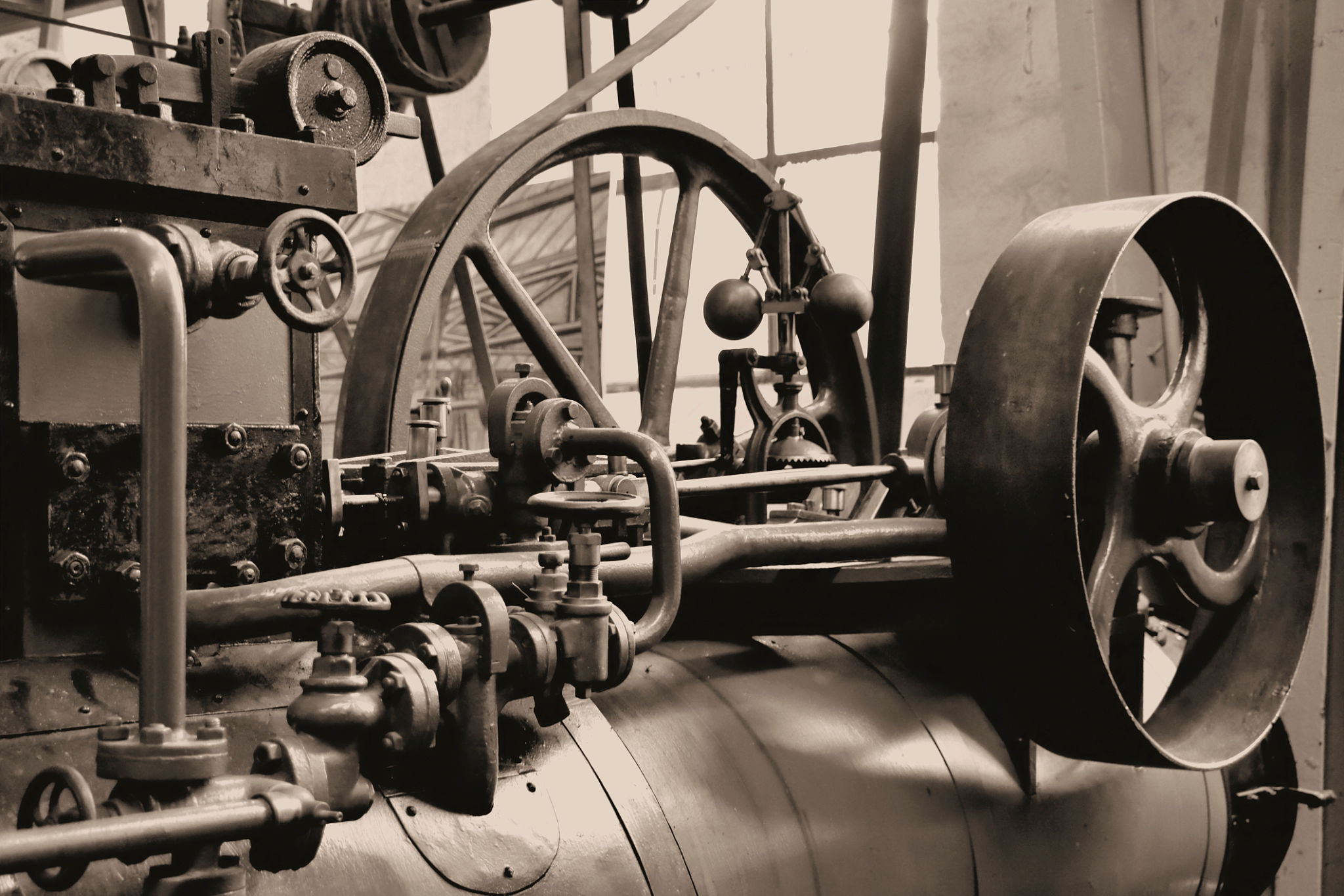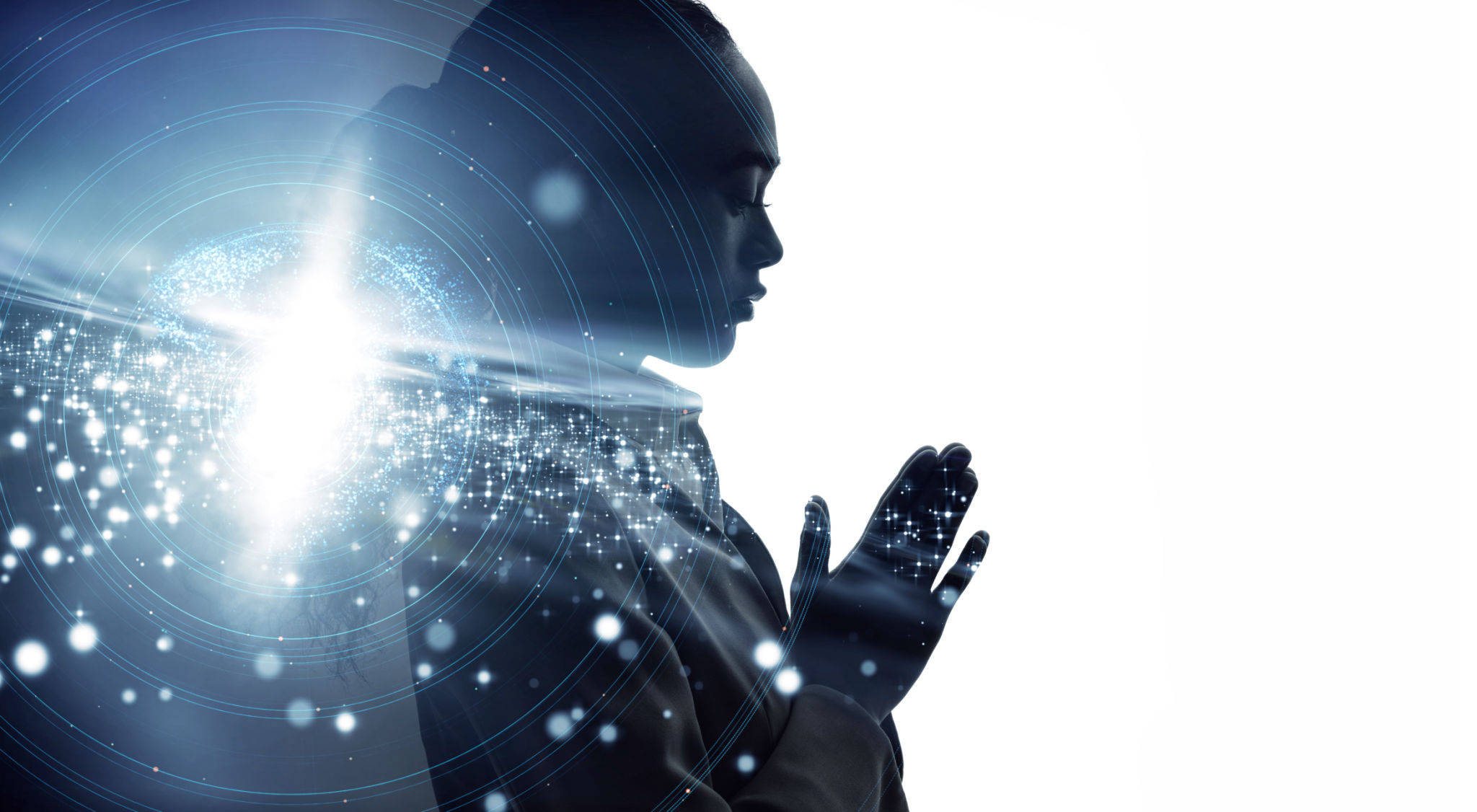Harnessing AI: From Industrialism to Spiritualism
The Evolution of AI: A Journey from the Industrial Era
The rapid advancement of technology over the last century has been nothing short of revolutionary. As we embrace the fourth industrial revolution, artificial intelligence (AI) stands at the forefront, promising profound changes across industries. From streamlining manufacturing processes to enhancing decision-making in business, AI is reshaping the industrial landscape, much like the steam engine and electricity did in previous eras.

In the early days, AI was primarily an industrial tool, designed to increase efficiency and reduce human error. It automated repetitive tasks, analyzed vast datasets, and optimized supply chains. This technological marvel allowed companies to scale operations and meet the growing demands of a global market. However, as AI continues to evolve, its potential applications extend far beyond traditional industrial uses.
AI Meets Spiritualism: A New Frontier
In recent years, AI has ventured into the realm of spirituality, a space traditionally dominated by human intuition and experience. This intersection of technology and spirituality might seem unlikely, but it illustrates AI's versatility and adaptability. Today, AI tools are being used to enhance spiritual practices, offering new ways to explore and understand personal well-being.
For instance, meditation apps are now employing AI to provide personalized experiences. These apps analyze user data to tailor meditation sessions that cater to individual needs and preferences. Moreover, AI-driven insights help users track their mental health journey, enabling them to cultivate a deeper connection with themselves.

The Role of AI in Personal Growth
Beyond meditation, AI plays a significant role in personal development. Virtual coaches powered by AI offer guidance on goal setting, career advancement, and lifestyle changes. These coaches use algorithms to assess a user's strengths and weaknesses, providing actionable advice for growth. As a result, individuals can embark on a path of self-improvement with a supportive digital companion.
Additionally, AI-driven platforms are becoming popular tools for exploring philosophical questions and ethical dilemmas. By simulating conversations with historical figures or philosophical texts, these platforms encourage users to reflect on their beliefs and values. In doing so, AI serves as a catalyst for introspection and spiritual exploration.

Balancing Technology and Humanity
While the integration of AI in spiritual practices presents exciting possibilities, it also raises important questions about the balance between technology and human experience. Critics argue that relying too heavily on AI might diminish the personal touch inherent in spiritual journeys. Therefore, it is essential to approach these advancements with mindfulness and discernment.
To maintain this balance, users should view AI as a tool that complements rather than replaces human intuition and wisdom. By consciously integrating AI into their spiritual practices, individuals can enhance their experiences while preserving the authenticity of their personal growth journeys.
The Future of AI in Spiritual Practices
As AI technology continues to advance, its role in spiritualism is likely to expand. Future innovations may include more sophisticated virtual reality experiences that transport users to serene environments for meditation or contemplation. Additionally, AI might facilitate global connections among spiritual communities, fostering shared learning and understanding.
The potential for AI to enrich spiritual practices is immense, offering new pathways for personal growth and enlightenment. By embracing these technological advancements thoughtfully, individuals can harness the power of AI while honoring the timeless essence of spirituality.